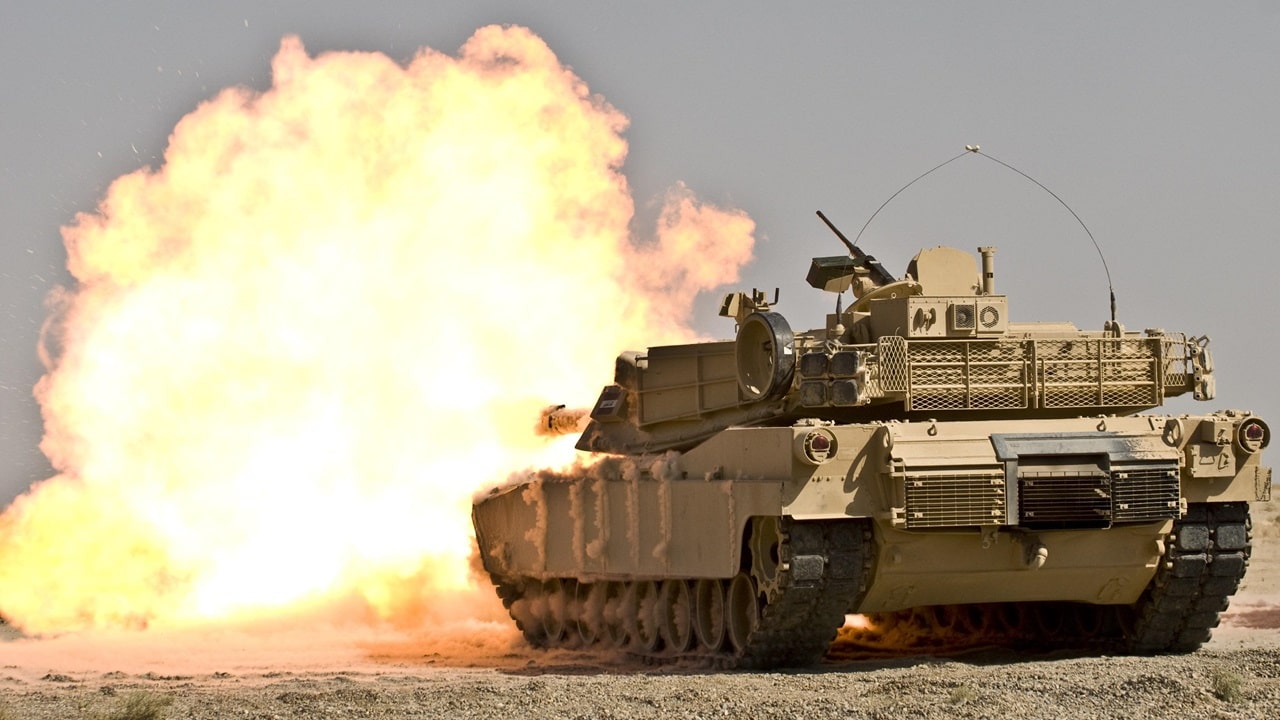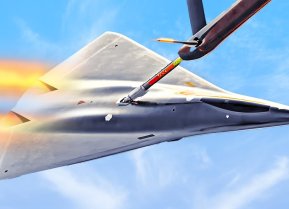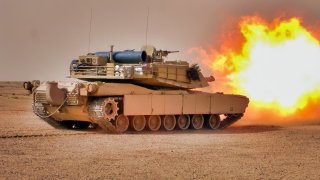The Kursk Offensive and the Future of the Russia-Ukraine War
In launching its offensive into Kursk, Ukraine took a serious risk by shaking up the war narrative and improving its position in a potential future negotiation. On the ground, the offensive has developed in a highly favorable way for Ukraine. However, it is still too early to tell whether that will result in strategic benefits for Ukraine’s overall war effort.
In launching its offensive into Kursk, Ukraine took a serious risk by shaking up the war narrative and improving its position in a potential future negotiation. On the ground, the offensive has developed in a highly favorable way for Ukraine. However, it is still too early to tell whether that will result in strategic benefits for Ukraine’s overall war effort.
The Kursk Offensive: The Positives and Negatives
The offensive had several positive effects. Symbolically, it changed the entrenched narrative of recent months that Ukraine was only going to continue to lose territory over time. It has also raised doubts among the Russian political elite about the future of the war effort. In practical terms, Ukrainian forces captured several hundred prisoners of war (POWs), who could be exchanged for Ukrainian soldiers being held by Russian forces. Ukraine also now holds several hundred square kilometers of Russian territory that it would seek to exchange for Russian-occupied Ukrainian territory in a potential future peace negotiation.
One of the main goals of the offensive likely was to pressure the Russian military to shift forces away from the Donbas and thereby ease pressure on Ukrainian forces in that region. That has not panned out, however, as the Russian military decided not to take the bait and pressed on with its offensive in the Donbas. Since Ukraine had to pull forces from the Donbas front for the Kursk offensive, the result has been faster Russian gains. In combination with the need for Ukraine to entrench to hold the Russian territory it has occupied, this creates significant risks for Ukrainian forces over the next several months. They will have to defend a longer active front line, while remaining at a disadvantage vis-a-vis Russia in terms of manpower and, most likely, equipment.

Before the launch of the Kursk offensive, most analysts believed that Ukraine would be able to keep territorial losses to Russian forces relatively low until Russia began to run low on manpower and equipment in early 2025. The new situation increases the risk that Russia will be able to take critical logistics nodes such as Pokrovsk before its offensive runs out of steam.
Whether the positive effects outlined above outweigh the higher risk of major losses is an open question. Military historians will undoubtedly judge whether or not the Kursk offensive was a good idea based on developments over the next few months. However, the political component should not be neglected in the analysis, as the war is more likely to be won or lost in the capitals than it is on the front line, given that both sides appear to be capable of no more than modest territorial gains. If the Kursk offensive can create doubts in Moscow about the wisdom of continuing to fight, that will be far more important for Ukraine’s chances of prevailing than the exact position of the front line five months from now.
Ukraine War What Happens Next?
That said, and despite whatever doubts may be being expressed behind closed doors, Russian leaders seem to have taken the loss of Russian territory in stride and are pressing ahead with the war. The most likely course is that Russia will continue to make advances over the next several months, but that these advances will be tactical rather than strategic. Sometime in early 2025, the offensive will culminate and Ukraine will have an opportunity to regain the initiative in the second half of 2025, provided that it continues to receive robust assistance from its Western partners.
About the Author:
Dmitry Gorenburg is a senior research scientist in the Strategic Studies division of CNA, a not-for-profit research and analysis organization, where he has worked since 2000. In addition to his work at CNA, he is the editor of the journal Problems of Post-Communism and an associate at Harvard University’s Davis Center for Russian and Eurasian Studies. He blogs on issues related to the Russian military at russiamil.wordpress.com.
Image Credit: Creative Commons.


